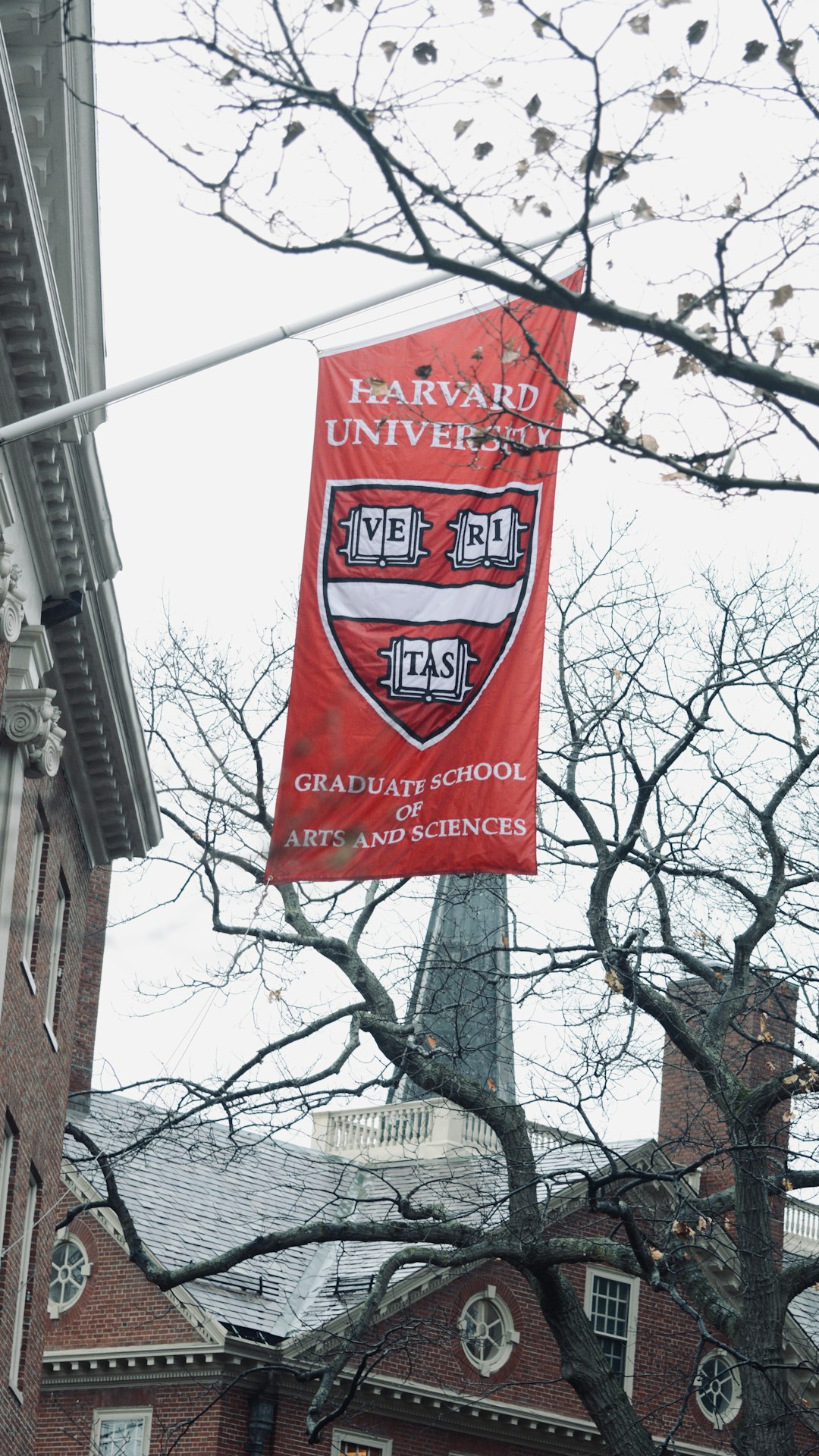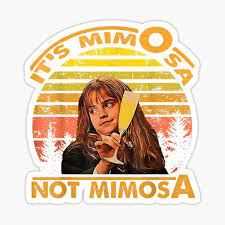We’ve all heard of the Karens, of course, calling the police on hapless birdwatchers and BBQers alike, generally making a spectacle of themselves and their righteous outrage.
I’m proposing a new name for people who take insensitive and blasé potshots at writers and artists under the guise of feedback—and specifically, feedback which was invited and welcomed, until it landed like a piano from 15 stories on your hopes for constructive insights.
Henceforth, they shall be called “Jodies.” But first, let me take you back to my salad days and the origin story of my 34 year writer’s block.
Picture it: Cambridge, 1986. I had received a prestigious invitation to attend Harvard University’s Summer School, dedicated to auditioning high school students of promise for possible subsequent acceptance to Harvard proper.
It was never really clear to me why they singled me out, as I was far from a straight-A student. I suspect it was the dissonance between my lackluster grades and my SAT scores, which were tremendously good—one of those weird situations where the grades are mediocre not because the student is dull (they hoped) but because they are bright and bored, in need of a more challenging environment.
None of this has proven out in the laboratory of life, I can assure you. By way of explanation, I imagine the designers of those standardized tests of cultural hierarchy keeping waxen figures of a young me in their cubicles as a talisman of whiteness—some grotesque Woodoo idol constructed of Elmer’s School Paste and baby bird feathers—toward which to aim their outmoded measures of privilege. Ugh.
No, I may be “bright” but it is almost entirely limited to a fascination with sparkly objects—jewels, disco balls, bon mots.

Anyway, I arrived at Harvard that June with two classes on my agenda: Calculus, and Science Fiction/Fantasy Creative Writing. That I received a D+ in Calculus speaks as much to my career of drinking and smoking anything I could get my hands on than my actual aptitude or interest in Calculus, which was/is nil. But the SF/Fantasy Writing class was a seminal moment for me.
Ever since Harriet the Spy I had wanted to be a writer, specifically, a Fantasy writer, like my hero, J.R.R. Tolkien. This was my first opportunity to let loose, to concoct something really fantastic, and with a real live published author—a horror novel about killer moths, I believe it was—“Jodie” we’ll call him, and his wife “Jodie” as co-teacher, a twofer! (You begin to see my method, selecting a unisexual name—it might have been Leslie, Sidney, or Kris.)
Never mind that the first day of class they admitted their disdain for Fantasy as a genre, that they had lost the battle with the curriculum committee to limit the syllabus to Science Fiction. I was ready. I was bursting with magical thinking.
And my first effort, oh! it was a rollicking tale, it had everything: rags to riches, kindly and mysterious gardeners, a secret world and a beautiful queen, the Man in the Moon, revenge, duplicity, magic. It just poured out of me in a fit of inspiration across 20 glorious pages, and I turned them in without the least concern that the assignment called for 10 pages MAX, or that the teachers had spent much of the single first class discussing sci-fi, limiting their remarks on fantasy to: No God-in-the-Box. This was the dictum which forbade the use of magic to fix narrative problems—more properly known as “Deus ex machina” or “God from the machine”—no waving of magic wands, if you please, this is not a proper solution. Harry Potter would have been in trouble.
Arriving at class to receive the Jodies’ feedback on our first effort, and an opportunity for the other students to discuss each story, we had just long enough to glance at the grade and read the teachers’ notes.
My heart fell out of my mouth, through a chasm in the floor, and I wanted to throw myself in after it.
“OH MY GOD, SERIOUSLY?”
“GOD-IN-THE-BOXXXXXXX”
“WHAT A JOKE!”
“You should have deleted everything past this point and started over,” said one note on the third page, with a heavy red line slashed across that point after which, for 17 pages, everything I’d written was apparently contemptible. And these are just the comments I remember, off-hand, 37 years later—they went on, and on, in the same vein.

I was mortified. I was humiliated. I was ashamed. I didn’t hear a single word anyone else said for the rest of the class, so loudly was blood beating in my ears. I offered no defense, no ‘thank yous’ to the students who actually did like my story, who thought it was inventive or interesting and had some good points, no. I sat in a frozen, dissociative silence for the rest of class, and fled the moment the hour was up. Pretty sure I got a D on that first story, and this time, a D really meant something to me.
I took it all in, that horrible venom, as I did much of the shame, embarrassment, and fear I suffered at the hands of bullies and harassers throughout my high school days—being gay, and severe cystic acne, had painted a most tempting target on me. From parents for whom “Ignore them, and they’ll stop” was both the entirety and far-limit of their support for my troubles, I had inherited a big empty bucket to receive and hold forever every poisonous word. And now this.
When I went to speak with Mr. & Mrs. Jodie during office hours—at the Faculty Club over gin-and-tonics, their normal routine before class (an interesting detail)—they were genial, good-natured, feeling no pain. They actually apologized—haha!—that they had been a little rough on me… (A little rough? I was 16, going on 17. I was Liesl—you stomped Liesl von Trapp. Monsters!)

Nearly four decades later…
I can hardly blame Jodie and Jodie for the 34 year lapse between their class and my first finished novel, Watrspout, begun during Covid lockdown and completed in early 2022. The dozen or so novels I started and abandoned were as much victims of the tornado of anxiety which spun my head into knots for decades as anything those nasty old souses said. But it does explain why I have had a chronic fear around the whole question of feedback on my writing.
I’ve over-worried myself about open writing forums online, with their lambs-to-the-slaughter, troll-fodder model, believing that without some kind of personal touch—at least a name and address to direct a glitter bomb—the feedback might veer into the less than helpful.
Most recently, I finally decided to jump into an online writing group with a vaguely more closed system of feedback—let’s go ahead and call them the “Jodies.”
I signed up for their workshop, and feeling unsure how to begin on a really big, long-form essay, posted a very rough first draft for a developmental edit—we’re talking high-level concepts and ideas, brainstorming, links to relevant research or helpful articles. No grammar, no line edits—everything will change by the time those are needed.
Normally, I wouldn’t dream of sharing something so unformed, but “We love shitty rough drafts” had lured me into believing I was in a safe space.
The person who had urged me (more than once) to share my early effort began their critique. The first few comments were about grammar—I won’t even say they were corrections, because my grammar was correct already, they just seemed to prefer an alternative. The next was a question about the word “post”—their confusion about what it meant when one says, for example: “I will be posting this on Substack” or “My post about Dame Margaret Natalie Smith went viral.” Strange.
The final comment, on page 1 of 6, after which their comments abruptly stopped, and I paraphrase: “I’m skimming, I’m scrolling, I don’t know what the point of this is and I’m not sure I want to keep reading it.”
And in fact, they did not keep reading, that was it, the extent of the feedback.
I resigned promptly from the group.
I’ve always had my doubts about this “writing by committee” culture—in the candlelit garrets of my imagination, we are not all happily crowded around a communal parchment with powdered wigs and perfect penmanship, but rather, alone, meditating beatifically on life and then opening a vein, privately. Writing is a bloodletting, not a potluck.
How lovely to imagine conspiring over absinthe at the cafés of Bohème! Unfortunately, considering the tone of this particular knife party—and my recent renunciation of absinthe—perhaps I’ll stop worrying too much about “feedback” and just get on with it.








Liesl needed someone older and wiser, telling her what to do(ooo), and the bastards stomped her.
I’m sorry this happened, Troy. I’m inclined to agree with Leo. That type of thoughtless superiority, when inflicted on a child for crying out loud, speaks to some kind of deep, underlying pathology. It crushes me to think of how common this probably is, and of all the gifts and beauty that are denied shape and form in the world thanks to it… So grateful that you prevailed and that you share your voice today.
People can be really mean and I can imagine how damaging feedback like what you described is. I honestly feel it stems from a place of insecurity of their own writing and perhaps even jealousy at your talent. It is a form of bullying and abuse and is not really feedback at all. I am sorry this happened to you.
You're a brilliant author. Keep on shining!